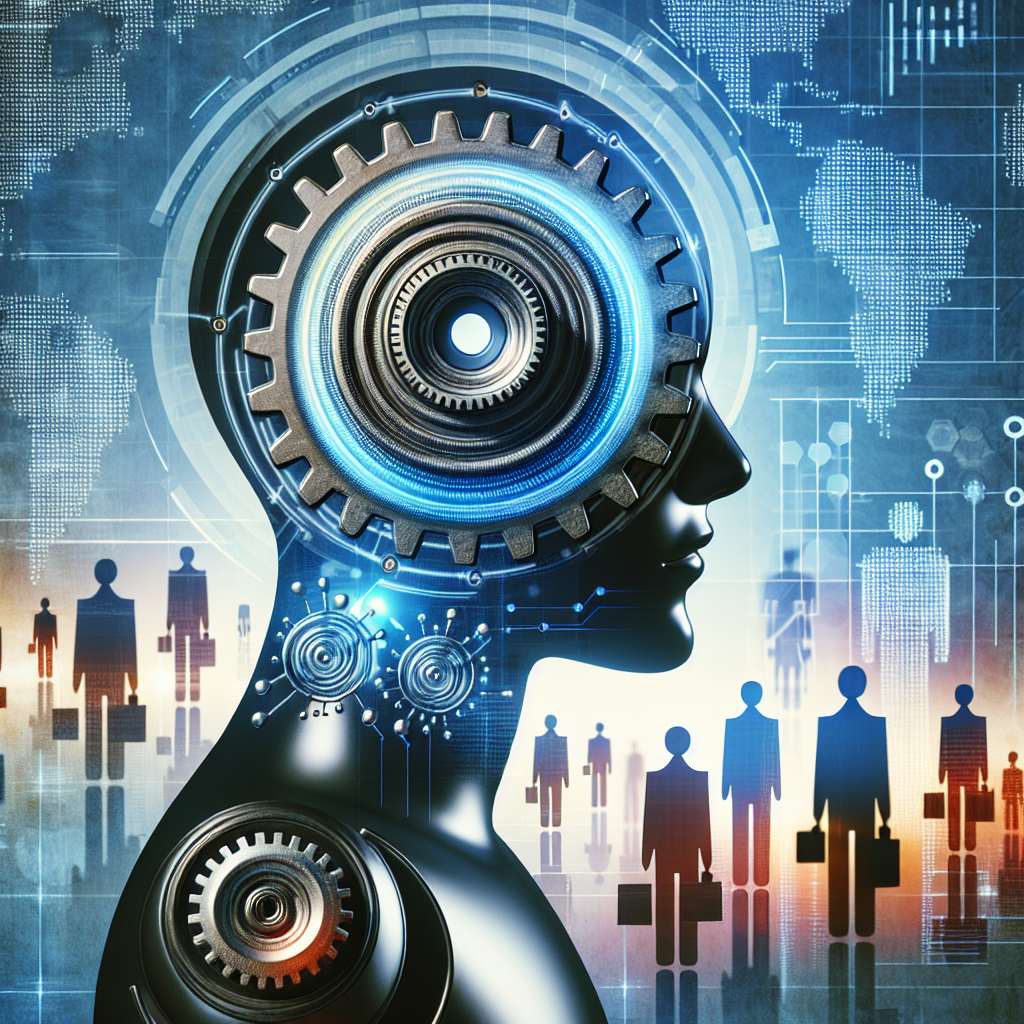The Impact of AGI on the Job Market: Will AI Replace Human Workers?
Artificial General Intelligence (AGI) is a rapidly advancing field that is poised to revolutionize the way we live and work. AGI refers to artificial intelligence that possesses human-like cognitive abilities, such as reasoning, problem-solving, and learning. With the development of AGI, there is growing concern about its impact on the job market and whether AI will replace human workers in many industries. In this article, we will explore the potential impact of AGI on the job market and discuss whether AI will indeed replace human workers.
The Rise of Artificial General Intelligence
AGI has the potential to transform many aspects of our lives, from healthcare and transportation to finance and education. AGI systems can perform a wide range of tasks that were previously thought to be the exclusive domain of humans, such as complex decision-making, creative problem-solving, and natural language processing. As AGI continues to advance, it is becoming increasingly capable of performing tasks that were once considered beyond the reach of machines.
One of the key features of AGI is its ability to learn from experience and improve its performance over time. This means that AGI systems can continuously adapt to new information and changing circumstances, making them highly versatile and effective in a wide range of applications. As a result, AGI has the potential to revolutionize many industries and create new opportunities for innovation and growth.
The Impact of AGI on the Job Market
The rise of AGI has sparked a heated debate about its impact on the job market. On the one hand, proponents of AGI argue that AI will create new job opportunities and boost productivity, leading to economic growth and prosperity. They point to the many ways in which AI can enhance human capabilities and improve the efficiency of various tasks, such as data analysis, customer service, and project management.
On the other hand, critics of AGI warn that AI could lead to widespread job displacement and unemployment, as machines increasingly take over tasks that were previously performed by humans. They argue that AGI systems could replace human workers in many industries, leading to mass layoffs and economic hardship for many people. In particular, they point to the potential for AGI to automate routine, repetitive tasks that are currently performed by low-skilled workers, such as data entry, assembly-line work, and customer support.
The truth likely lies somewhere in between these two extremes. While it is true that AGI has the potential to automate many tasks currently performed by humans, it is also true that AI can create new job opportunities and enhance the productivity of workers in many industries. For example, AI can assist doctors in diagnosing and treating patients, help engineers design more efficient buildings and infrastructure, and enable marketers to target their advertising more effectively. In this way, AGI has the potential to complement human skills and abilities, rather than replace them entirely.
FAQs
Q: Will AI replace all human workers in the future?
A: While AI has the potential to automate many tasks currently performed by humans, it is unlikely that AI will replace all human workers in the future. AI is best suited for tasks that are routine, repetitive, and easily codified, while human workers excel at tasks that require creativity, problem-solving, and emotional intelligence. As a result, AI is more likely to complement human workers rather than replace them entirely.
Q: Which industries are most at risk of job displacement due to AI?
A: Industries that rely heavily on routine, repetitive tasks are most at risk of job displacement due to AI. This includes industries such as manufacturing, retail, customer service, and transportation. However, it is important to note that AI can also create new job opportunities in these industries, such as AI developers, data scientists, and AI trainers.
Q: How can workers prepare for the impact of AI on the job market?
A: Workers can prepare for the impact of AI on the job market by acquiring new skills and staying abreast of developments in AI technology. This may involve learning how to work alongside AI systems, developing skills in areas that are less likely to be automated, and staying flexible and adaptable in the face of changing job requirements. Additionally, workers can seek out opportunities for training and education in AI-related fields, such as data science, machine learning, and robotics.
In conclusion, AGI has the potential to transform the job market in many ways, from creating new job opportunities to displacing existing workers. While the impact of AI on the job market remains uncertain, it is clear that AI will play an increasingly important role in many industries in the years to come. By staying informed, acquiring new skills, and adapting to the changing demands of the job market, workers can position themselves for success in an AI-driven world.

